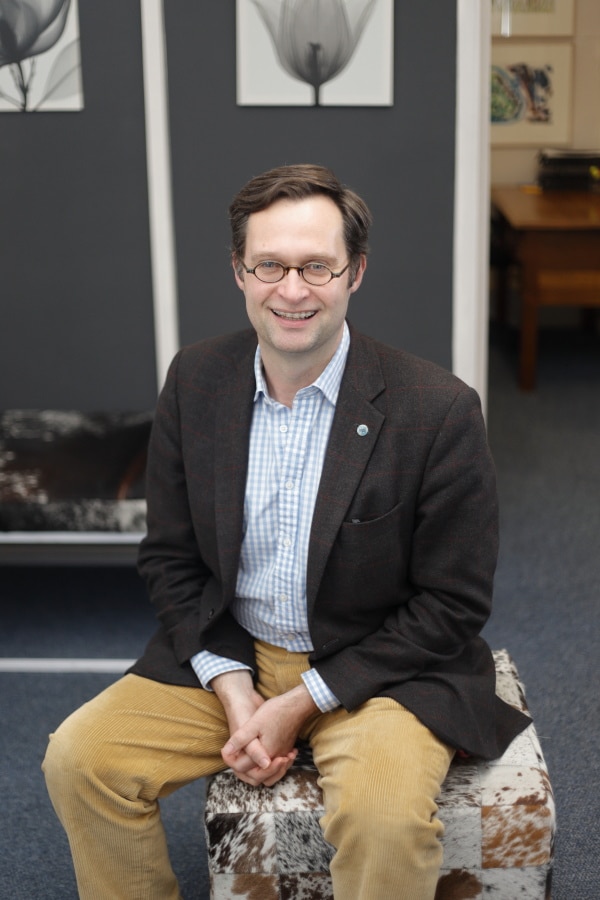Using the TAND checklist
While most paediatricians and child neurologists have become good at identifying and treating the physical manifestations of TSC, it remains difficult to identify and treat the neuropsychiatric issues commonly associated with TSC.
Why the TAND checklist was developed
In 2012, the Neuropsychiatry Panel of the International TSC Consensus Conference, coined the term ‘TAND’ (tuberous sclerosis complex-associated neuropsychiatric disorders) as an umbrella term for the wide range of behavioural, psychiatric, intellectual, academic, neuropsychological and psychosocial symptoms seen in TSC. The TAND checklist was developed to be used as a simple guide for a conversation between clinical teams and families to identify areas that need more comprehensive follow up.
But the issue remains – how best to use it?
A typical TAND checklist conversation takes between 10-15 minutes (it may be shorter if no concerns are identified) and allows for areas of prioritisation to be identified. In busy clinical settings families may be asked to fill in the checklist while waiting. Whilst this may seem to be a pragmatic use of the checklist, it is important to note that it has not been evaluated as a self-report tool. The primary purpose of the TAND checklist is to get doctors and families to talk to each other, identify issues and prioritise what to do next.
For more information on the TAND checklist, visit https://tsa.org.au/information/tand/
DISCLAIMER
This information is intended to provide some insights into recent TSC-related research. It is not intended to, and it should not, constitute medical or other advice. Readers are warned not to take any action without first seeking medical advice.
Further Information
Citations to the full research articles/papers (and links where possible) are included for those who would like to know more. TSA’s nurse service is also available and offers a free, confidential information and support service which provides TSC information and links to practical support. You can contact Kim, the TSA nurse, by phoning 1300 733 435, emailing [email protected] or visiting https://tsa.org.au/tsa-nurse/

